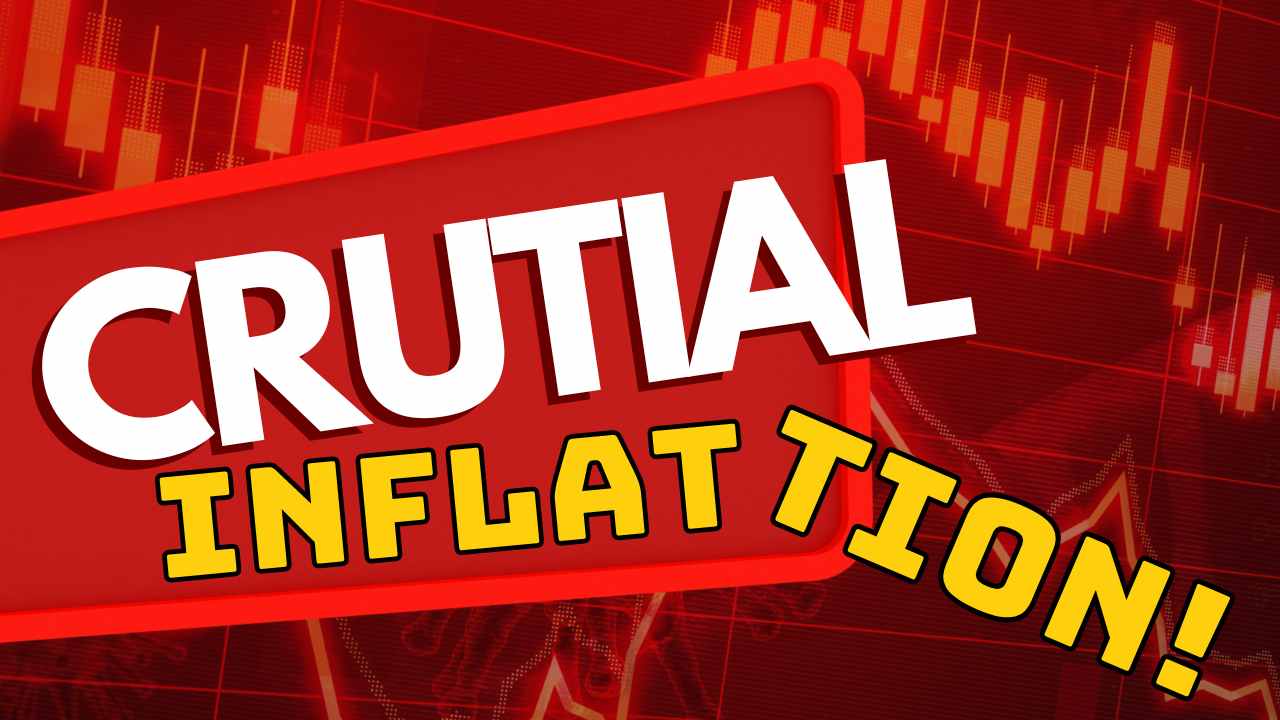- Stock Market
- No Comment
The Fed Raises Interest Rates to Help Curtail Inflation.

The Fed Raises Interest Rates to Help Curtail Inflation. Here’s How That Works.
In today’s ever-changing economic landscape, it is crucial to understand the mechanisms behind important financial decisions that impact our daily lives. One such decision is the Federal Reserve’s choice to raise interest rates with the aim of curbing inflation. In this article, we will delve into the intricacies of this process, shedding light on the reasons behind the decision and its potential implications.
Understanding the Role of the Federal Reserve
The Federal Reserve, often referred to as the Fed, is the central banking system of the United States. Its primary responsibility is to maintain price stability and foster economic growth. One of the tools at its disposal is adjusting interest rates, which can have a significant impact on borrowing costs and the overall health of the economy.
The Link Between Interest Rates and Inflation
Interest rates play a vital role in managing inflation. When the economy is overheating, and prices are rising at an unsustainable pace, the Fed may decide to raise interest rates. By doing so, they aim to reduce the demand for credit, making it more expensive for businesses and individuals to borrow money. This decrease in borrowing activity helps cool down the economy, thereby curbing inflationary pressures.
How Raising Interest Rates Curbs Inflation
When interest rates increase, the cost of borrowing rises. Businesses may find it more challenging to secure loans for expansion, while individuals may think twice before making large purchases that require financing. This decrease in borrowing and spending helps to slow down economic growth, which, in turn, reduces the upward pressure on prices.
Moreover, higher interest rates make saving more attractive compared to spending. This increased incentive to save reduces consumer spending, contributing to the overall decrease in demand for goods and services. As a result, businesses may need to lower their prices to stimulate demand, leading to a decline in inflation rates.
The Implications of Raising Interest Rates
While raising interest rates can be an effective tool for curbing inflation, it is essential to consider the potential consequences. One immediate impact is the increased cost of borrowing, which affects not only businesses but also individuals with mortgages, car loans, and credit card debt. Higher interest rates may lead to reduced borrowing and slower economic growth.
Additionally, the stock market often reacts to changes in interest rates. As borrowing becomes more expensive, investors may reevaluate the attractiveness of stocks compared to other investment options. This can result in increased market volatility as investors adjust their portfolios.
The Federal Reserve’s Balancing Act
The Federal Reserve faces the challenge of maintaining a delicate balance between controlling inflation and supporting economic growth. When inflation is low, the Fed may lower interest rates to encourage borrowing and stimulate economic activity. Conversely, when inflation becomes a concern, raising interest rates helps prevent it from spiraling out of control.
The decision to raise interest rates is not taken lightly. The Fed’s policymakers carefully analyze economic indicators, such as employment data, GDP growth, and inflation rates, to determine the appropriate course of action. Their objective is to strike a balance that promotes sustainable economic growth while keeping inflation within a manageable range.
Conclusion
The Federal Reserve’s decision to raise interest rates to curtail inflation is a complex and impactful maneuver. By adjusting borrowing costs, the Fed aims to cool down the economy, reduce spending, and mitigate rising prices. However, it is crucial to consider the potential consequences, such as increased borrowing costs and market volatility. Understanding the role of the Federal Reserve and the intricacies of interest rate adjustments helps individuals and businesses make informed financial decisions in a rapidly changing economic environment.
You may like -:
